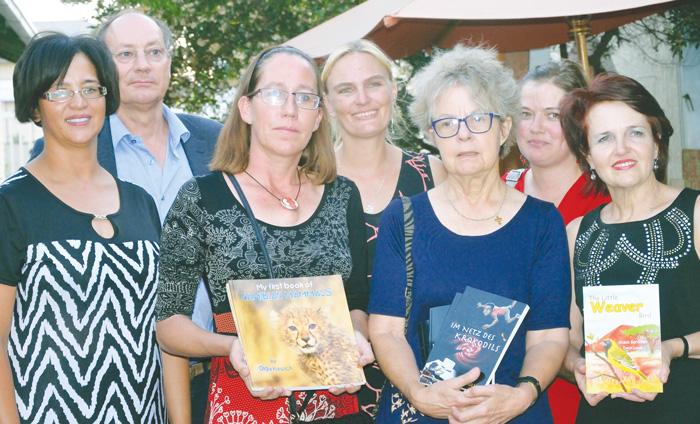
Trade with UK falls 28%
The decision by the world’s leading diamond company De Beers to move its diamond sorting operations from London to Botswana has seen a 28% drop in bilateral trade between London and Windhoek, the British High Commissioner to Namibia has said.
Marianne Young, London’s top diplomat in the country said Wednesday that despite Britain doubling exports to Namibia to reach N$1.1 billion in 2011, overall bilateral trade figures dropped 28% to N$4.7 billion following De Beers decision to move its diamond sorting operations from London to Botswana.
Young said this at a ceremony to mark the 87th official birthday of Queen Elizabeth 11 which was held at the British High Commissioner residency in the capital. The Queen celebrates two birthdays each year. While her actual birthday is on 21 April, her official birthday is celebrated on a Saturday in June. The ceremony was attended by the Minister of Foreign Affairs Netumbo Nandi-Ndaitwa and other government officials.
Last August the De Beers Group formally started worldwide diamond aggregation in Gaborone. Before the move, Namibia had exported its rough diamonds to London where aggregation had taken place for nearly 80 years.
Young urged Namibians to start buying a lot more British vehicles and machinery to boost bilateral trade volumes.
Trade between Namibia and the UK is heavily skewed in favour of Namibia with the country exporting copper, meat, fruit, vegetables and charcoal to the UK while the UK mainly exports vehicles and machinery to Namibia.
Besides trade, Namibia and the UK have also established bilateral relations in the security sector. The UK has strengthened its ties with the Namibian security sector through the ongoing support and training for the Namibian Defence Force and Nampol. Last year, British Police specialists assisted Nampol with the introduction of new community policing programmes in Katutura. The British Navy frigate HMS Argyll also visited Walvis Bay in May this year to strengthen the two countries’ naval relations.
In addition, Britain continues to invest in a range of wider projects including supporting trade facilitation research into the Tripartite Free Trade Agreement; supporting the establishment of new definitions for Namibian tour guides and registration requirements and providing specialist English language training for guides at Namibia’s National Heritage sites.
The country also supported the Legal Assistance Centre’s anti-baby dumping initiative and a separate campaign to raise awareness about child abuse and domestic violence; helped NaDEET’s environmental education centre to buy solar cookers and funded the construction of a kindergarten at the Waterberg Plateau National Park for the local community.
Through its Connecting Classrooms programme, the British Council has also trained more than 320 Inspectors of Education, Regional Education Directors, School Principals and Heads of Department at School Leadership workshops in all 13 regions of Namibia in the last year.












































